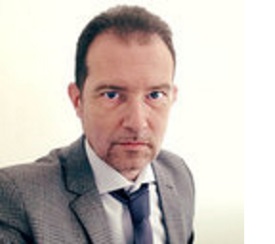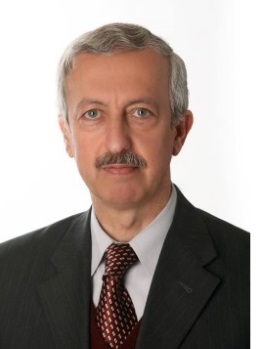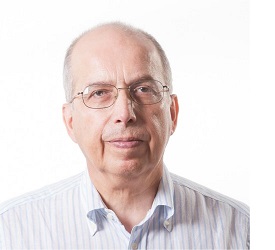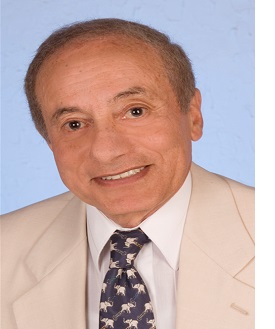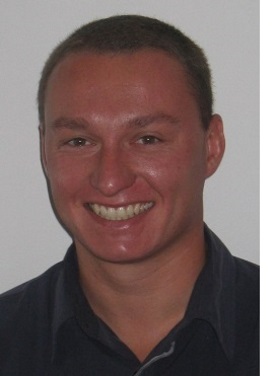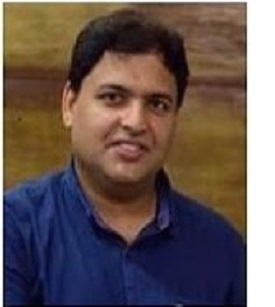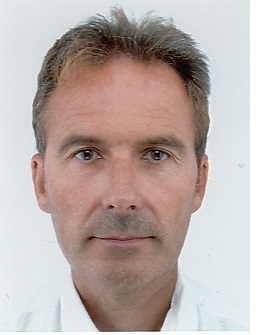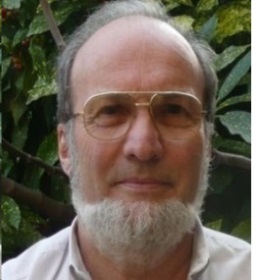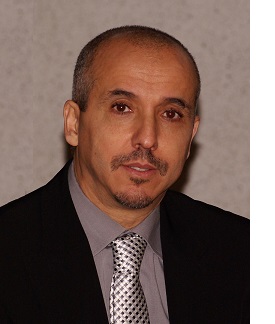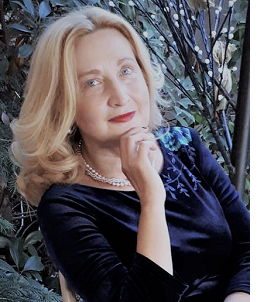
Prof. Adriana Burlea-Schiopoiu
University of Craiova, Romania
Title: Dispersal of information and digital technology: a disruptive challenging relationship
Abstract:
Since the beginning of 2020, people, organizations, and governments worldwide have faced
several challenges. We ask if we can speak about the circular effects of rapid technological
evolution on human behavior. The coronavirus outbreak crisis has disrupted what we all referred
to as a ‘normality’ in our daily lives and perturbed the entire world economy. What will the ‘normality’
look like after this challenging time? It is not easy to find answers to this question, and for this reason,
we will put into value the importance of the DISPERSAL OF INFORMATION in the relationship between digital
technology and human behavior which the coronavirus pandemic has seriously influenced. Finding solutions to
this challenge is the purpose of any researchers and practitioners, regardless of their field of interest.
All together are seeking solutions to fight against this invisible enemy and re-open the ‘REAL LIFE’ of the
people.
Biography:
Prof. Adriana Burlea-Schiopoiu is a professor of Management at the University of Craiova,
Romania, Romanian ambassador for ARGH (Association Francophone de Gestion des Ressources
Humaines http://www.agrh.fr/les-ambassadeurs/; President of the Regional Commission of Experts
(CRE) - Central and Eastern Europe - https://www.auf.org/europe-centrale-orientale/a-propos/instances-regionales/,
President of the AIS SIG – Cognitive Analytics Management (SIGCAM), Member of the Scientific Council
of the University Agency of the Francophonie (AUF)
- https://www.auf.org/a-propos/les-instances/le-conseil-scientifique/;
Head of Cyber-Security Branch
– Scientific Innovation Research Group (SIRG); Member of the Directors Board of Doctoral School of the
University of Craiova -
https://www.ucv.ro/invatamant/educatie/programe_doctorat/consiliul_CSUD.php
She is a professor teaching and research in Human Resources Management, Project Management, Social Audit,
Corporate Social Responsibility, and Negotiation Techniques at the University of Craiova, Faculty of
Economics and Business Administration in Romania. She was visiting Professor teaching and research in
Cross-Cultural Management, Human Resources Management, Intercultural Management at universities in France,
Poland, and Latvia.
Professor Adriana Burlea-Schiopoiu was invited as
the keynote speaker for many international conferences in France, Portugal, Albania, Lebanon,
India, Indonesia, Iraq, and Turkey. She is a member of many organizing committees of the national
and international journals and conferences. She stimulated and encouraged the cooperation between her
university and the other universities around the world (for example, cooperation with staff and teachers
from other International Universities in various scientific projects – For example, universities from
France, USA, UK, Swiss, Belgium, Italy, Portugal, Norway, and Holland). She published in prestigious
journals, for example, Journal of Cleaner Production, Corporate Social Responsibility, Environmental
Management, International Journal of Finance & Economics, Socio-economic Planning Sciences, and
International Journal of Environmental Research and Public Health.
